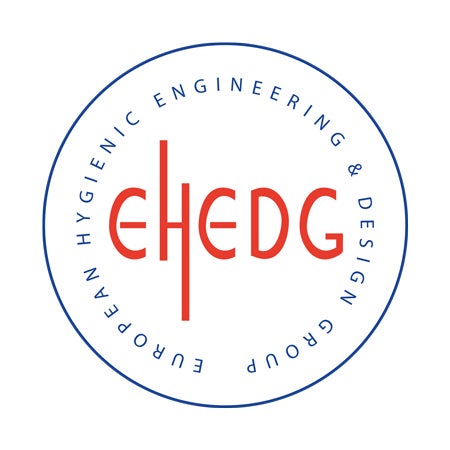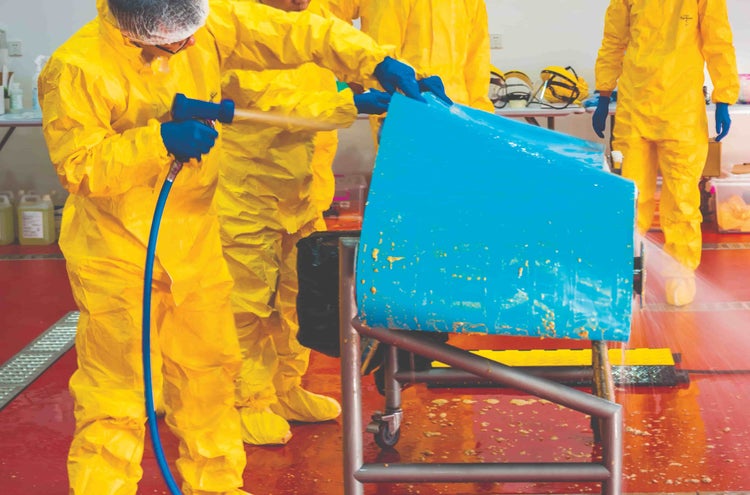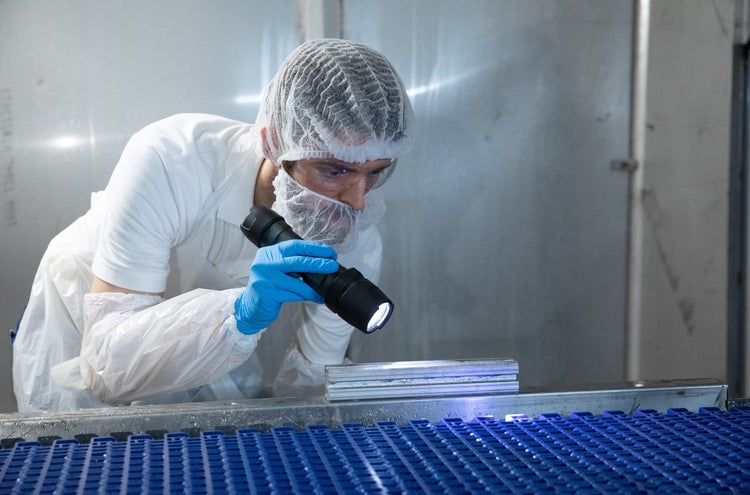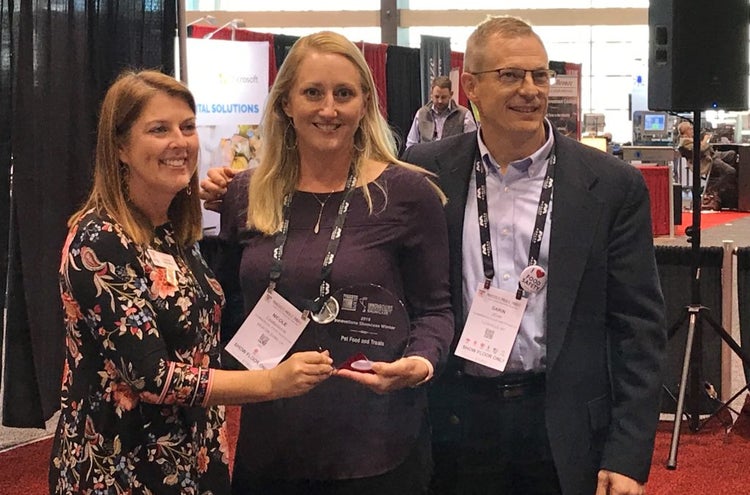Conveying the message: food safety is a team effort

Working in the food industry comes with major responsibilities, and maintaining food processing equipment in a food-safe manner is certainly one of them. Anyone working in a food plant has a role in food safety and must be ready to take on their daily individual responsibilities to minimize food safety risks. Commercial Food Sanitation, an Intralox company, helps them to do that. Together with Intralox Application Engineers, CFS’ Food Safety Specialists developed a FoodSafe Conveyance Workshop that covers all critical elements in the conveyor life cycle. Our questions are answered by CFS Global Training Specialist Nicole Cammarata.
“Training all team members that work on food processing lines is the most effective investment in Food Safety.”
How important is it for food producers to train their staff members?
Nicole Cammarata: “Training all team members that work on food processing lines is the most effective investment in food safety, because the majority of food contamination incidents can be traced back to incorrectly performed food handling, maintenance and cleaning practices. It’s not enough for team members to know what they should do and how they should perform their duties. You may have a completely hygienically designed process line in place, but if your staff members don’t know why they need to consistently follow up on every single hygiene rule, then there’s always a risk that they won’t comply in a fully dedicated way. That’s why we like to start our workshops by illustrating how food safety is affected by personal behavior.”
Why a workshop specifically aimed at conveyance systems?
“Conveyors connect different processing stages in a food factory environment. Therefore, it is critical they operate reliably at all times and downtime is minimized. In food plants many conveyor belts are in direct contact with the food products, so in addition to operational excellence, conveyance systems also play a critical role in reducing food safety risks. In this workshop a cross functional team at the customer’s plant learns how they maximize the performance and life cycle of their conveyors and conveyor belts, while simultaneously optimizing food safety. The workshop engages members from different cross functional teams (maintenance, food quality, sanitation, food safety, engineering, operations, and plant management) to join forces throughout the 1,5 day to foster their knowledge and improve collaboration towards a common goal. Consistently maintaining the best possible hygiene is a team effort, and optimum food safety can only be realized when everyone is on the same page. This workshop aligns people and processes with safe product requirements, and it all starts with good communication.”
“The Food Safe Conveyance Workshop aligns maintenance and engineering insights with a clearly defined food safety mindset."
What’s so unique about this workshop?
“The Food Safe Conveyance Workshop aligns maintenance and engineering insights with a clearly defined food safety mindset. Prior to the workshop, the training team that consist of an Engineer and a Food Safety Specialist will walk your production lines. Real examples from the customer’s facility are incorporated into the training materials to build awareness and drive company-wide improvements while creating a passion for food safety. Together, they cover all critical elements in the life of a conveyor, including conveyor design, installation and production start-up, effective hygiene and sanitation, and developing a conveyor preventive maintenance program. The one and a half day on-site workshop is the first of its kind to align multi-disciplinary, key personnel on linkage between conveyor performance and food safety. It’s a full program that sparks enthusiasm amongst the participants, and oftentimes, underlying procedural issues emerge from these discussions. Collaboratively adapting these procedures can have a very positive effect on daily food safety conditions.”
How does it work in practice?
“Each of our trainers has his or her own industry specialization, from meat, poultry and seafood processing, to bakery and snacks, fruit and vegetables to ready-to-eat food products. In the workshop, Food Safety expertise is combined with Engineering expertise regarding all the aspects of conveyors. Hygienic risks in the plant’s processing lines, like foreign material contamination (FMC) or harborage points on equipment, are considered. Strong and weak spots are pointed out and used as topics for discussion in the workshops. The workshops themselves are very interactive, and throughout activities are included to reinforce theory. Then we apply the learnings in the plant at the end of every workshop; the participants leave with a self-developed and prioritized action list on the topics they will tackle collaboratively to improve conveyor performance and food safety in their plant.”
What feedback do you receive? And what’s next?
“Clients and trainees value the combination of food safety and engineering expertise and the focus on a preventive, proactive approach to de-risking their conveyors. The workshop offers new opportunities to exchange ideas and address challenges across departments. The value of obtaining new insights in the effectiveness of maintenance and sanitation routines is appreciated. While we will continue to host training programs in our training centers in New Orleans, Amsterdam and Shanghai, we are seeing a growing demand for these FoodSafe Conveyance Workshops right on the working floors of the global food industry. Excelling in food safety is the result of a continuous team effort, so we will continue to connect the expertise of specialists across the supply chain to deliver the best training and workshop programs on the market.”
The FoodSafe Conveyance Workshop was selected as a finalist of the Process Expo Innovation Showcase Award (October 2019 in Chicago).



